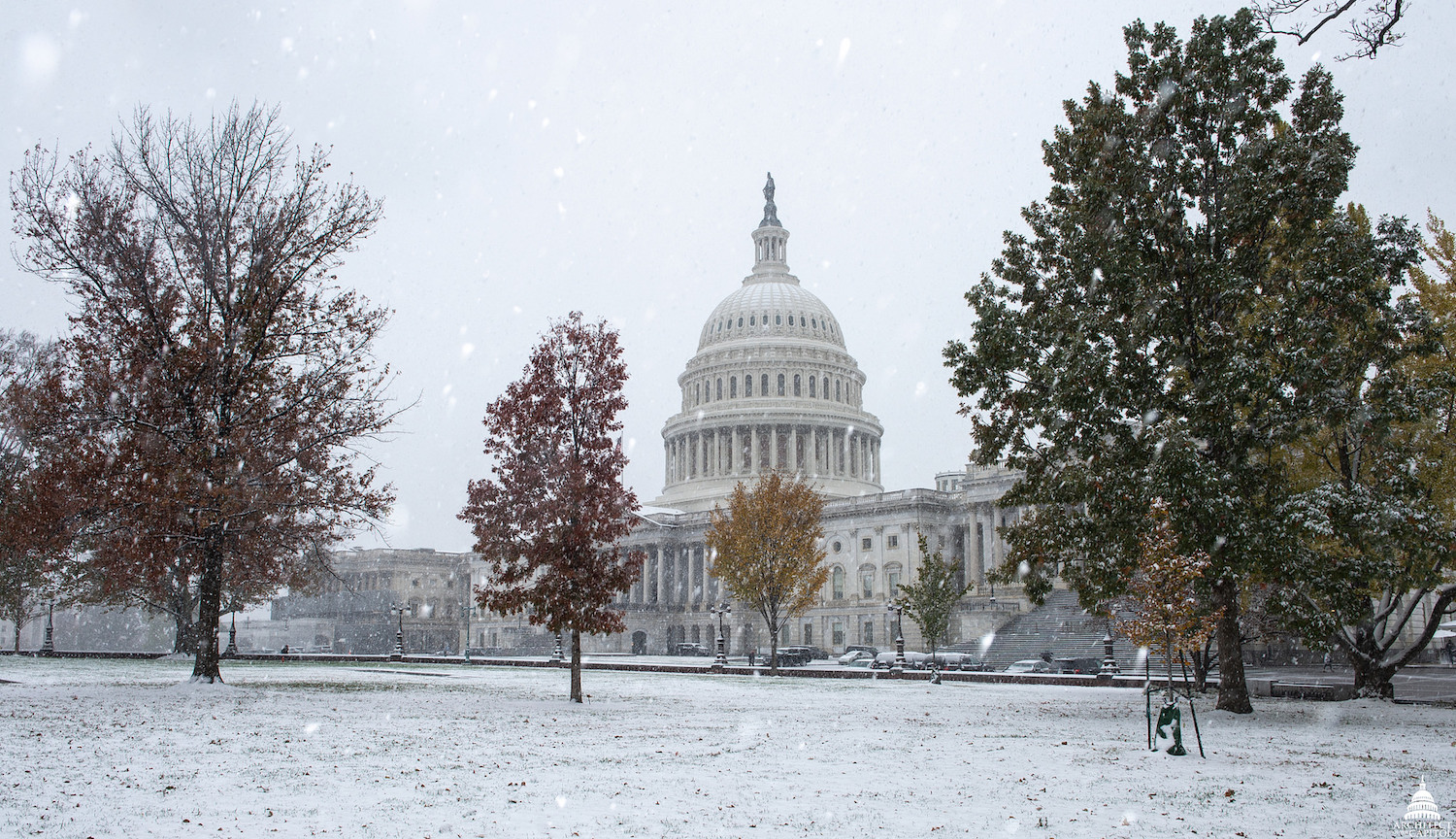
Staten Island Inter-Religious Leadership
On Thursday morning, 20 ministers, rabbis, imams, and community leaders gathered together at Temple Israel on the northern tip of Staten Island, New York. They sat around a table, side-by-side in front of empty plates that symbolized the hunger they believed their community would endure if the House’s version of the farm bill—and its cuts to the Supplemental Nutrition Assistance Program (SNAP)—were to pass. Each leader inscribed a message on their plate, where food would normally be, with slogans that ranged from from broad pleas like “SAVE SNAP. SUPPORT THE POOR” and “AGAINST HUNGER” to direct appeals, like “VOTE NO, DAN.”
The Dan in question is Republican Representative Dan Donovan, whose 11th congressional district covers all of Staten Island and a southern slice of Brooklyn. Staten Island’s religious leaders wanted to send Donovan a message about just how devastating the proposed cuts to SNAP would be. So on Thursday—one day prior to the final farm bill vote—they went hungry, fasting in solidarity with the SNAP-reliant families who might struggle to feed themselves if the farm bill adopts proposed changes to the program. (Donovan’s office had not responded to a request for comment by press time.)
“I cannot remain silent as this bill threatens to make hunger a scourge on Staten Island,” said Rabbi Michael Howald, of Temple Israel, Randall Manor, in a press release announcing the fast.
Some of the leaders planned to fast for 24 hours, ending as the House bill came up for its scheduled final vote on Friday. Others were prepared to continue fasting beyond then if the vote was postponed, a possibility that had been rumored. But an extended fast ended up not being necessary. By Friday morning, the House GOP’s farm bill was already on thin ice, and when the final tally was counted around noon, the chamber voted to kill the legislation, 198-213. Donovan ultimately voted for the bill—even though, earlier this week, he’d voiced concerned about the proposed rule’s affect on SNAP.
 Staten Island Inter-Religious Leadership
Staten Island Inter-Religious Leadership For religious leaders on Staten Island, in New York, fasting was a powerful and fitting way to protest proposed SNAP restrictions
The House’s farm bill would have have restricted SNAP use by increasing work requirements, instead designating $1 billion for states to develop work training programs. In theory, those programs are intended to help Americans find work and get off food assistance—but their effectiveness is in dispute. The proposal takes place in the context of a renewed effort, largely led by Republicans, to curtail SNAP benefits in states from Wisconsin to Maine.
For Staten Island’s coalition of religious leaders, the bill’s changes to SNAP weren’t acceptable. They’ve seen first-hand the way some families already struggle with their benefits, even under the existing rules; it’s their faith-based charities that step in when government social services fall short.
“People often don’t get enough in SNAP benefits to actually be able to purchase enough food for the month,” says Karen Jackson, a minister and a member of the Staten Island Inter-Religious Leadership, which represents leaders and clergy of various faiths on Staten Island. “We see more and more people come to our food pantries at the end of the month to cover the gap from when their SNAP benefits run out.”
For Jackson, fasting represents a powerful and fitting way to protest the proposed restrictions, one with a unique ability to draw in religious leaders across Staten Island.
For her, there is no faith without political engagement.
“We’re not just meant to be kind to people in our individual lives, that’s part of our calling, but it’s also to address systemic evils and institutionalized injustices.”
The timing of the fast couldn’t have been more apt. Wednesday was the first day of Ramadan, the customary month of fasting observed by Muslims.
“You can make needed change, God willing. Vote no—do the right thing,” Imam Zulqarnain Abdu-Shahid, Bait-ul Jamaat urged, in the press release for the fast.
News of the bill’s demise brought mixed emotions to the religious leaders, as their fast ended. Yes, they got the outcome they’d been waiting for. Still, Donovan’s vote in support of the bill hit home.
“I’m glad the farm bill was voted down, although I’m disappointed that my representative voted for it,” Jackson tells me, by email. “Lots of work left to do.”









